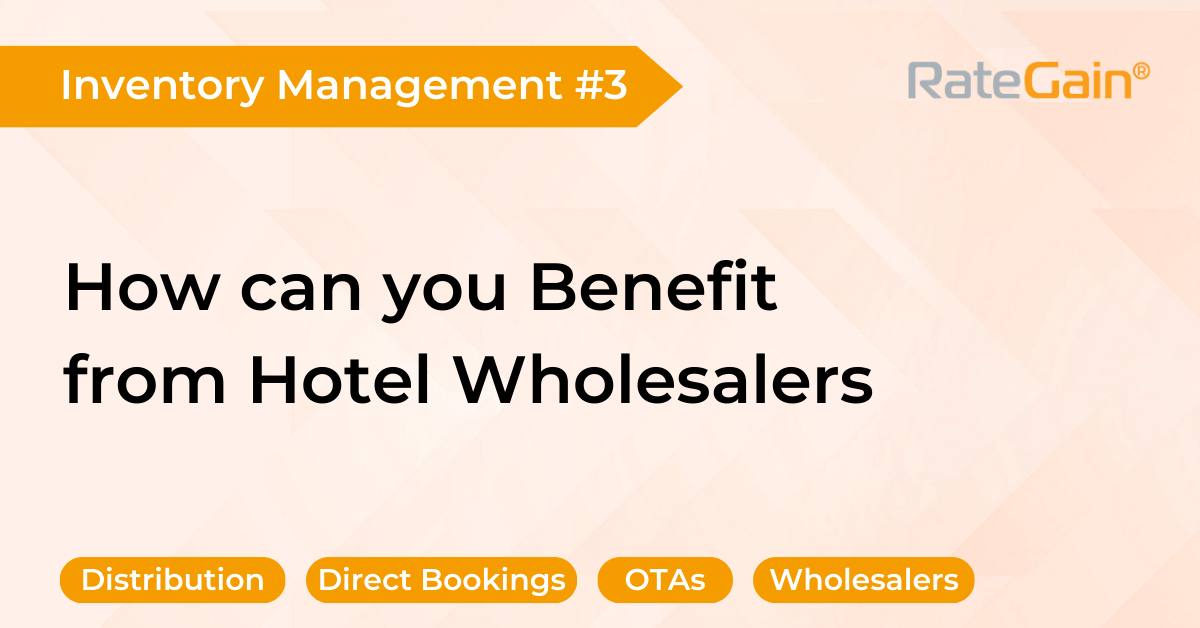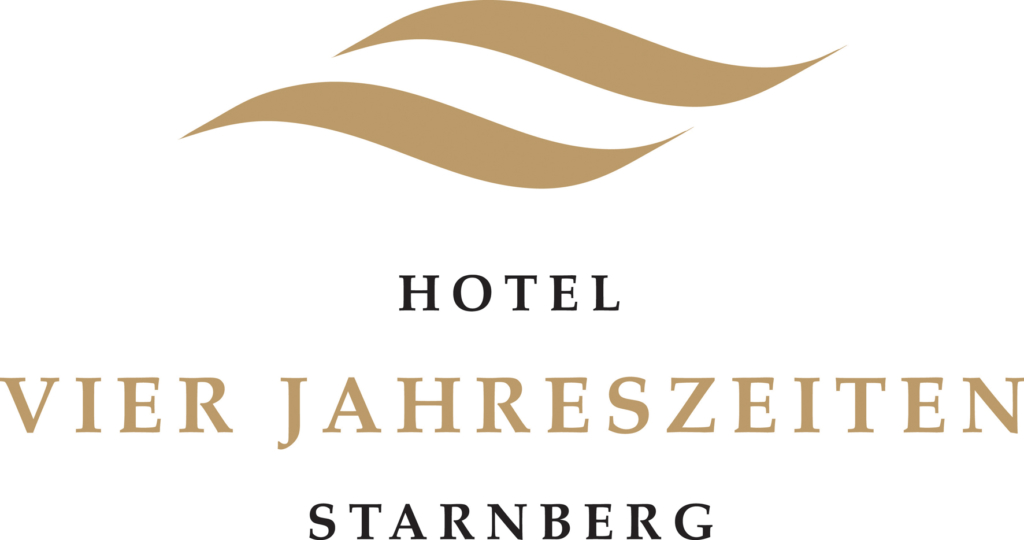Hotel room wholesalers act as intermediaries between travel suppliers (hotels) and travel agents, providing a vital role in the distribution of hotel rooms and rates. Their primary function is to purchase products (rooms, rates, and packages) in bulk from hotels and sell them to various clients (travel agents, OTAs, and tour operators), who then offer them to their customers (guests).
Wholesalers, such as AOTGroup, CN Travel, FollowMe2Africa, Helloworld Travel, Abreu Online are just a few examples of the hundreds of wholesalers available for hotels to work with. Each wholesaler has a unique pricing structure and different selling methods. Some specialize in selling rooms only, while others offer packages, and some are limited to specific property types or markets.
Working with wholesalers can have both advantages and disadvantages for hotels. On the one hand, wholesalers can provide access to a wider range of potential guests and help to fill rooms during low occupancy periods. On the other hand, they may charge high commission rates and can potentially undermine a hotel’s brand and pricing strategy.
To manage relationships with wholesalers effectively, hotels should carefully consider which wholesalers to work with and negotiate favorable terms. It’s also important to monitor inventory closely and ensure that wholesalers are not undercutting direct hotel pricing.
Technology can also be useful in managing relationships with wholesalers. Many cloud platforms can help hotels connect with wholesalers and manage inventory and pricing in real-time. However, it’s essential to carefully evaluate the cost-benefit of using technology and ensure that any investment in technology will ultimately benefit the hotel’s bottom line.
Benefits of Partnering with Wholesale Travel Suppliers
-
Diverse Guest Pool
Partnering with wholesale travel suppliers can offer access to a more diverse and unique range of guests. A well-rounded hotel distribution strategy should consist of a mix of direct and third-party bookings, providing various potential revenue streams.
-
Higher Reach
Wholesale travel suppliers can offer a powerful level of reach, attracting international travelers and promoting hotels to online travel agents and retail agents, maximizing the exposure of the property.
-
Access to New Markets
Wholesale travel suppliers specialize in providing access to markets that hotels may not be able to reach on their own, making it a cost-effective form of marketing for the property.
-
Better Occupancy Forecasting & Inventory Management
When hotels have a contract with a wholesaler, they can more accurately forecast occupancy patterns, ensuring a specific volume of business and payment in advance. This can assist hotels in better managing their inventory and pricing strategy.
While partnering with accommodation wholesalers can offer advantages, there are also several disadvantages that should be considered.
Disadvantages of Working with Accommodation Wholesalers
Reduced Commissions & Profit Margins
The hotel industry has seen a rise in polarization due to wholesalers. Before the internet, wholesalers would purchase inventory and sell it to travel agencies, who would then sell it to customers.
However, with the internet, inventory is now sold to online travel agents (OTAs) and other wholesalers, which can drive down hotel profit margin. In addition, this can lead to guests purchasing rooms from unknown OTAs, which can be frustrating for property and revenue managers.
Undercutting Rates by OTAs
Furthermore, there is a debate between contracted and non-contracted OTAs, with non-contracted OTAs being more aggressive in undercutting rates. On average, contracted OTAs post rates 5-6% lower than the direct rate, whereas non-contracted OTAs advertise rates 10-11% lower for lead times under and above 14 days.
Need for Post-Sales Control
Additionally, wholesalers need more control over what happens once the product has been sold, which can cause added complexity and impact hotel rate parity. As a result, many hotels are placing a greater emphasis on direct bookings rather than relying on wholesale distribution methods.
Overall, while working with wholesalers can provide benefits, hotels must weigh the potential risks and challenges that come with this distribution channel.
How to Manage Wholesale Agreements for your Hotel
Managing wholesale agreements can be challenging for hotels, especially with the complexities of the modern distribution landscape. However, severing ties with wholesalers altogether is only sometimes the best option, as they can still significantly benefit your hotel’s occupancy and revenue. Here are some best practices for managing your wholesale agreements effectively:
-
Plan, Research, and Trial
Before entering into any agreement, you must have a clear plan and research the potential partners. Undertaking a trial period can help you determine if a long-term relationship with the wholesaler will be beneficial.
-
Manage Constantly
Treat wholesalers as true distribution partners and manage the agreement continuously. This will help avoid any parity violations and maintain control over your inventory and pricing.
-
Analyze Regularly
Keep track of contract violations to decide if changes are needed to your agreements or if you want to continue the relationship.
-
Seek Similar Minds
Look for partners whose philosophy aligns with yours, as it can lead to a more mutually beneficial relationship.
-
Be Proactive
Utilize dynamic rate agreements to reduce disparity and maintain control over pricing across all distribution channels.
-
Track the Growth of APIs
While APIs can be beneficial, be aware of who is accessing your inventory and at what price to maintain visibility and control.
It’s essential to have dedicated resources to manage wholesale agreements effectively. However, if that’s not possible, seek information and learn from peers in the industry. Collaboration and smart partnerships can overcome challenges in the hotel industry, and hotels can benefit from sharing experiences and knowledge.
Technology that will Help you Navigate Travel Wholesalers
-
-
Hotel Channel Manager
To simplify and improve the profitability of your hotel’s distribution, the industry’s go-to solution is a channel manager. This cloud-based tool enables you to centralize and easily manage all your distribution channels, with two-way data sharing and automatic updates between your property management system (PMS) and connected channels, including your website booking engine.
As the number of channels grows, the need for a channel manager increases to enable instant rate adjustments, prevent double bookings, and expand your reach and potential revenue.
Cloud platforms for hotels automate inventory and rate updates from wholesalers to your PMS, ensuring everything remains synchronized and eliminating manual entry. Additionally, a good channel manager can offer deep performance insights and integration with other business applications.
-
Read More: What is a Hotel Channel Manager? How Do You Choose the Perfect One?
-
-
Hotel Rate Parity
Another technology worth considering is a tool to monitor rate parity and address any issues that may arise. For example, hotel business intelligence software allows you to stay on top of demand and pricing and address parity complications before they become problematic.
With pricing intelligence software, you’ll have clear and actionable data at your disposal every day, providing greater flexibility when managing your rooms and rates.
-
Read More: What is Hotel Rate Parity? Why is it Important in the Hotel Industry?
Wholesale Distribution at your Hotel: Key Takeaways
- Wholesalers serve as middlemen between travel agents and travel suppliers, purchasing products in bulk and then reselling them to various clients who can access them.
- Direct distribution of hotel inventory to travelers is not within the scope of wholesalers.
- Collaborating with wholesalers can provide hotels with a robust level of exposure that they may not achieve independently, especially when targeting international travelers.
- Many wholesalers specialize in offering access to diverse markets, which hotels could never reach on their own. Thus, collaborating with wholesalers becomes an almost free form of advertising.
- Regardless of the wholesalers’ intentions, they cannot entirely control what Online Travel Agencies (OTAs) or other intermediaries do once they have purchased the products. This complexity often leads to serious impacts on hotel rate parity.
- Regularly managing agreements, conducting analysis, seeking similar-minded partners, and remaining proactive while dealing with wholesalers are crucial.
- A channel manager is one of the most powerful tools hotels can use to streamline their distribution process. It enables hotels to centralize and manage all distribution channels, make instant rate adjustments, prevent double bookings, and expand their reach and potential revenue.
- Hotel business intelligence software provides extensive insights, allowing hotels to manage rates confidently and flexibly. It provides clear and actionable data that enables hotels to adapt quickly to changes in demand and pricing.
Working with hotel wholesalers can offer benefits such as access to a wider range of potential guests, increased exposure, and guaranteed business. However, there are also potential disadvantages, including high commission rates and the potential undercutting of direct hotel pricing. To manage relationships with wholesalers effectively, hotels should carefully consider which wholesalers to work with and negotiate favorable terms, as well as closely monitor inventory and pricing. The use of technology, such as channel managers, can also be helpful in managing wholesale agreements. Overall, hotels must weigh the potential risks and benefits of working with wholesalers and make informed decisions to maximize their occupancy and revenue.
Further Read: Boost Your Hotel Revenue with Efficient Hotel Inventory Management
 Deutsch
Deutsch Português
Português Italiano
Italiano Espanol
Espanol čeština
čeština ไทย
ไทย Français
Français


